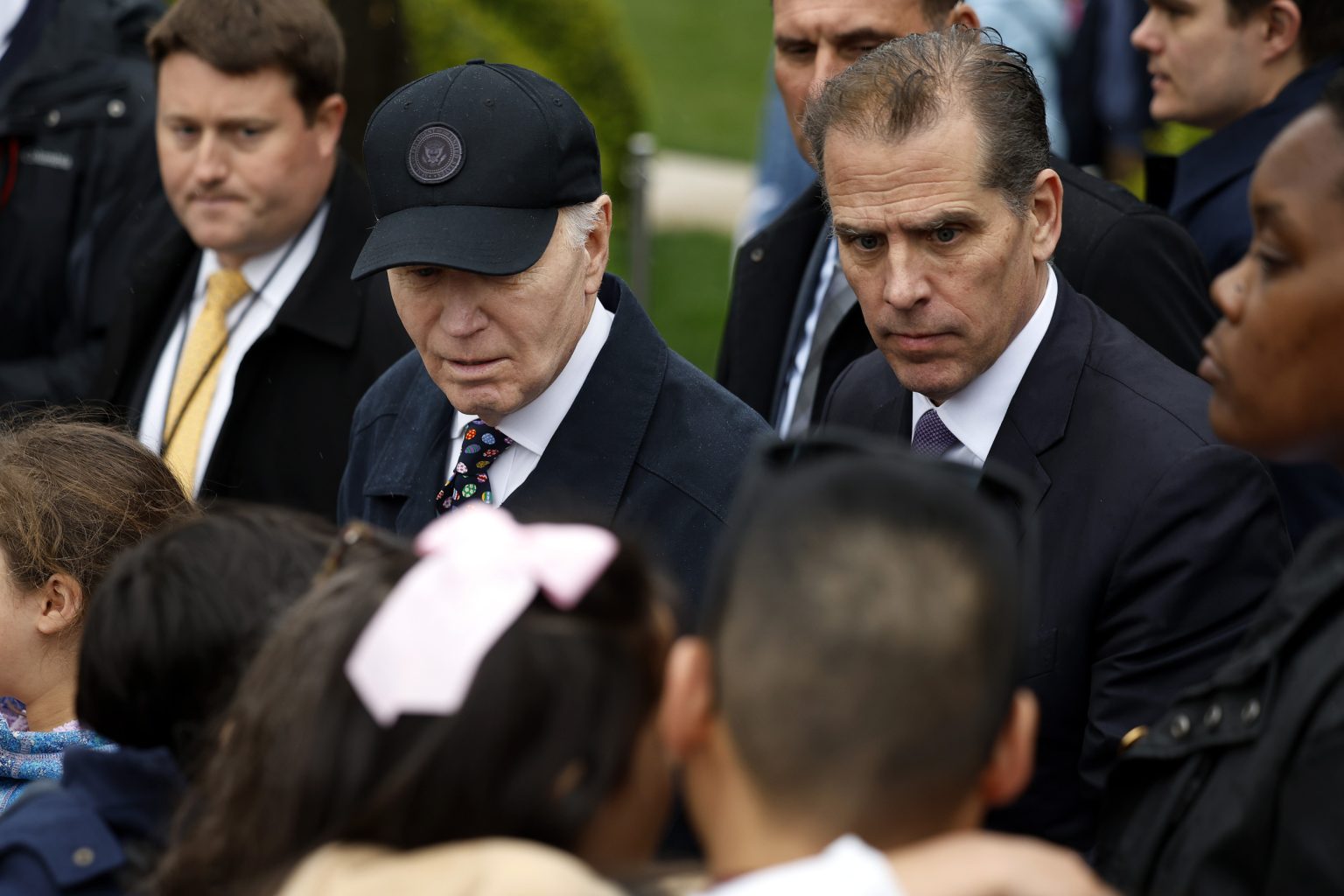Hunter Biden has officially acknowledged the pardon granted to him by his father, President Joe Biden, through a recent court filing. In this filing, he articulated that the pardon encompasses offenses specified in his indictment relating to federal tax evasion and gun crimes. On December 1, Hunter Biden confirmed his acceptance of the pardon, stating, “Joseph R Biden Jr granted me a full and unconditional pardon for, inter alia, the offenses specified in the indictment in this case.” By signing this document, he assured its authenticity and accuracy under the penalty of perjury according to U.S. laws. This acknowledgment marks an important legal step for Hunter as he navigates the aftermath of his convictions.
The pardon was publicly announced by President Biden, following Hunter’s awaited sentencing stemming from his convictions for tax evasion and possessing a firearm while under the influence of drugs. The President’s statement made it clear that the pardon was “full and unconditional,” indicating that Hunter Biden’s legal troubles stemming from these particular charges would no longer have consequences due to the executive clemency bestowed upon him. This decision has drawn considerable public attention and discussion regarding the implications of presidential pardons and their relationships to family ties.
In legal contexts, pardons are significant as they can effectively erase certain convictions, allowing individuals to reintegrate into society without the burdens of a criminal record. Hunter Biden’s acceptance of this pardon may pave the way for him to move forward without the shadow of his previous legal issues. Furthermore, such a pardon could also influence his professional and personal life by potentially removing barriers that can arise from having criminal convictions, especially in terms of employment and social reputation.
The timing of this pardon is noteworthy; it comes amidst a backdrop of scrutiny surrounding Hunter Biden’s past actions, as well as broader discussions about governance and ethics when it comes to the powerful. Critics may view the decision as indicative of preferential treatment, given the familial relationship between the pardon granter and recipient. Conversely, supporters argue that the pardon serves as a necessary act of compassion and relief for Hunter Biden, particularly given his challenges related to substance use and personal difficulties that have been well-documented in the media.
Hunter Biden’s public acknowledgment of his pardon represents not just a personal legal victory but also highlights the complexities involved in the interplay of politics, family, and the legal system. It raises questions about accountability and justice, particularly in cases where public figures are involved. This situation has ignited discussions among legal experts and commentators about the broader implications of pardons and the justifications behind them in light of one’s connections or status.
In summary, Hunter Biden’s acceptance of the pardon from President Joe Biden for his convictions surrounding tax evasion and gun possession under the influence reflects a pivotal moment as he seeks to rebuild his life post-conviction. This pardon, accompanied by public announcements and legal confirmations, reiterates the intricate relationship between personal struggles and the power of executive clemency, while also triggering significant discourse regarding privilege and responsibility within the context of political families.

